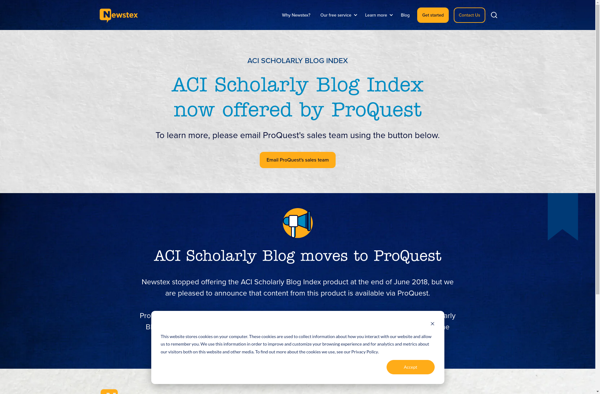Web of Knowledge
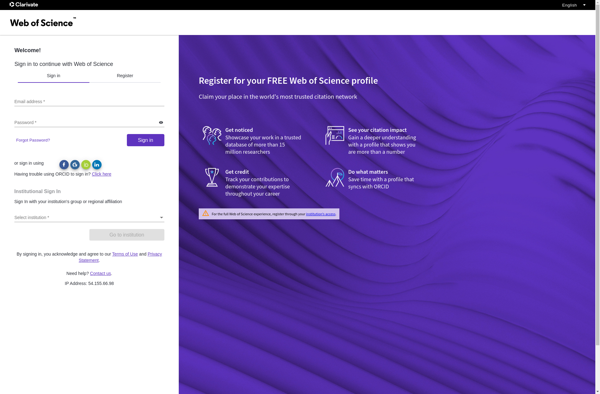
Web of Knowledge: Research Platform for Scholarly Literature
Access multiple databases, reference works, and tools to search scholarly literature across various disciplines, including scientific, technical, medical, and social sciences.
What is Web of Knowledge?
Web of Knowledge is a powerful research platform that provides access to multiple databases of scholarly literature across a wide range of academic disciplines. It allows researchers to search for and analyze peer-reviewed articles, citations, patents, conference proceedings, and more from a single interface.
Key features of Web of Knowledge include:
- Access to multidisciplinary databases like Web of Science Core Collection, BIOSIS Citation Index, MEDLINE, Russian Science Citation Index, and more
- Cited reference searching to track prior research that cites key papers of interest
- Analytic capabilities like creating citation reports to assess journal, article, author, and topic impact
- Options to save searches, create search alerts, and export data to reference management tools like EndNote
- Integrates seamlessly with InCites for in-depth benchmarking, metrics, and customized reports on people, publications, institutions, and journals
With content coverage spanning over 100 years and growing by over 2 million records per year, Web of Knowledge aims to provide comprehensive access to the world's academic knowledge base across the sciences, social sciences, and humanities to support advanced discovery and analysis by the global research community.
Web of Knowledge Features
Features
- Search across scholarly literature
- Access to multiple databases
- Citation indexing and analysis
- Create alerts and save searches
- Integrate results into reference managers
Pricing
- Subscription-Based
Pros
Cons
Official Links
Reviews & Ratings
Login to ReviewThe Best Web of Knowledge Alternatives
Top Education & Reference and Research Tools and other similar apps like Web of Knowledge
Here are some alternatives to Web of Knowledge:
Suggest an alternative ❐Google Scholar
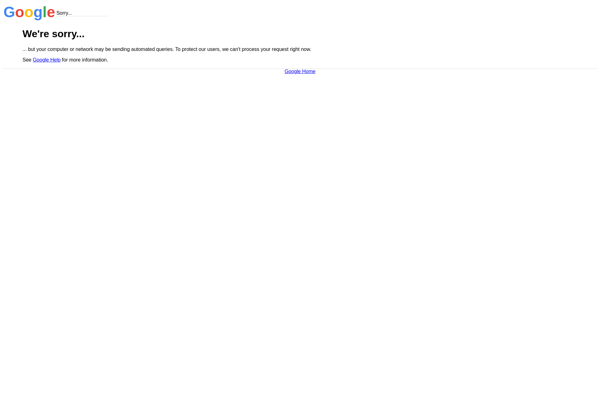
ResearchGate
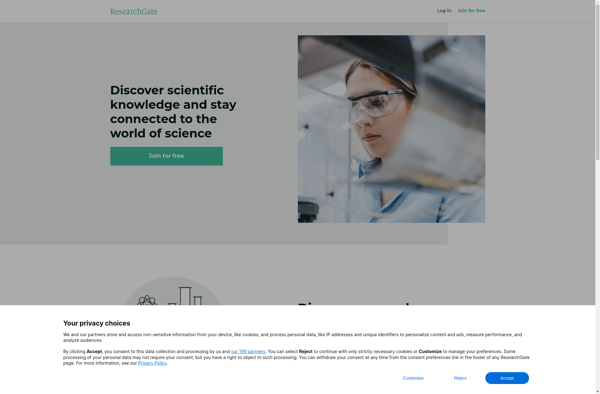
Scopus
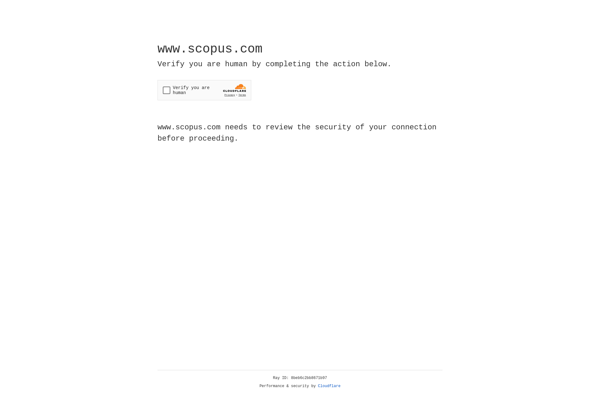
Biohunter
Semantic Scholar
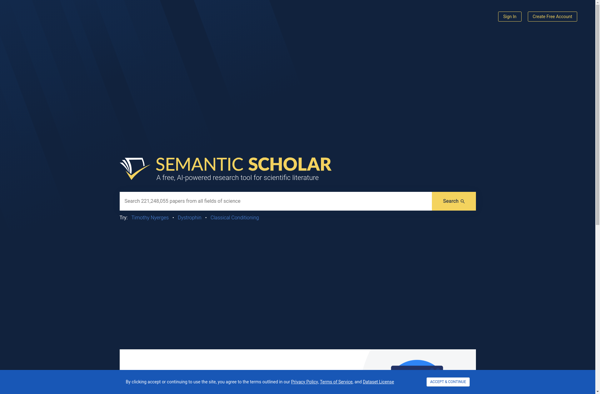
Publish or Perish
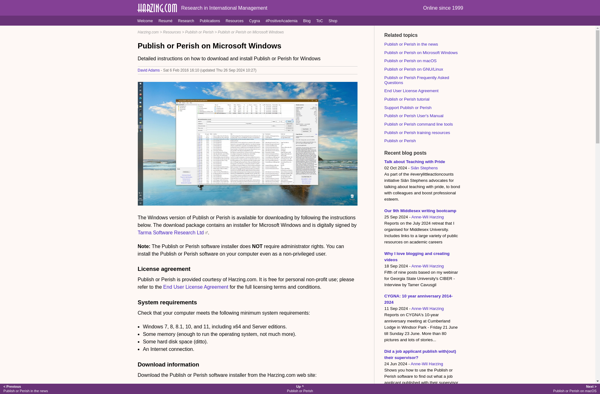
Scinapse
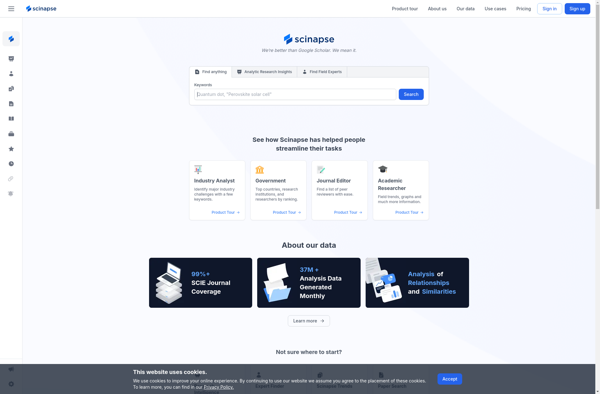
ACI Scholarly Blog Index
